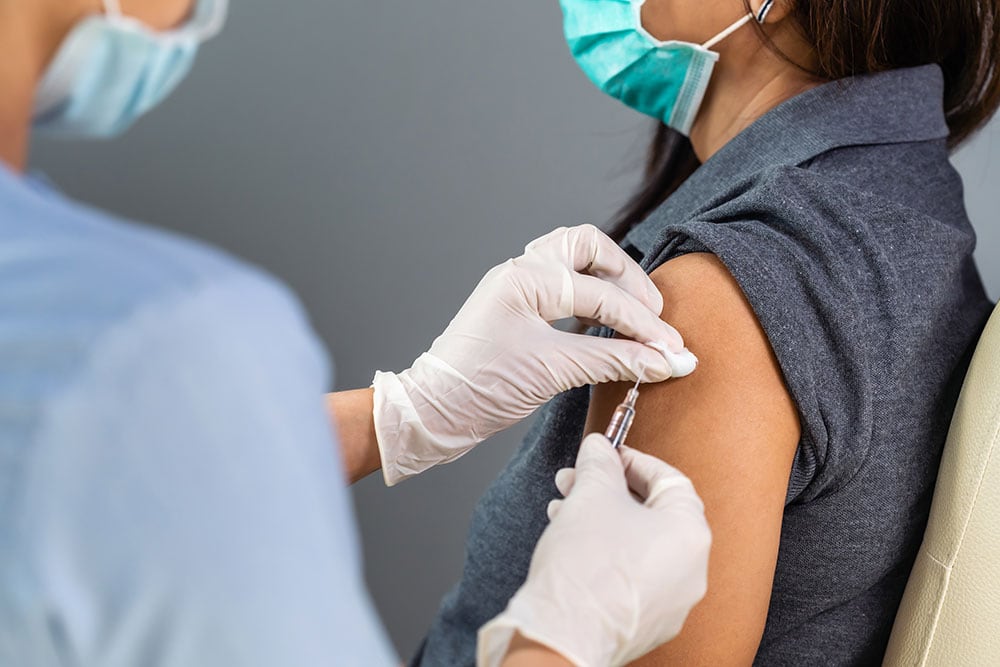The Occupational Safety and Health Administration (“OSHA”) has officially released its Emergency Temporary Standard (“ETS”) regarding COVID-19 vaccine and testing mandates for the workplace. If your business employs at least 100 of the nearly 84 million private-sector employees who will be affected by the ETS, you might have questions. This article has answers.
The ETS is designed to limit or eliminate occupational exposures of COVID-19. Following the 745,000 American COVID-19 deaths to which OSHA cites, OSHA estimates that enforcing its ETS will prevent over 6,500 additional deaths and over 250,000 hospitalizations. It is expected to result in the vaccination of over 23 million individuals.
Only private companies employing 100 or more employees are affected. All employees, including those working part time and those working from home, count toward the number of covered employees, while independent contractors do not. The count is made as of the effective date of the standard, or, November 5, 2021. Once an employer falls under the ETS, it will continue to be covered until the ETS is revoked – regardless of employment fluctuation. Itshould be noted that OSHA has indicated smaller employers may be required to comply in the future.
The covered employers must require their employees to be fully vaccinated, or alternatively, to wear masks in the workplace and submit to weekly COVID-19 testing. Employers may require vaccines and opt out of the weekly testing option. Any vaccine listed by the World Health Organization is permitted, while booster shots are not currently required. As of December 5, 2021, employers must provide up to four hours of paid time off to get vaccinated, as well as paid sick leave to recover from vaccine side effects. Employees without a religious or medical exemption may be discharged for noncompliance, though they may still apply for, and be entitled to, unemployment benefits.
Though all employees count toward the 100-employee threshold, there are exceptions as to whether the employees must comply. If an employee works from home, works exclusively outdoors, or does not report to a workplace where co-workers or customers are present, they do not need to be vaccinated or wear masks and get weekly testing. Employees may also request a medical or religious exemption. Employers may not permit an exemption based on a prior COVID-19 infection.
The deadline for employees to be fully vaccinated is January 4, 2022, but employers may start requiring the unvaccinated to be masked as early as December 4, 2021. Companies that do not comply may be subject to fines, includes up to $13,653 per serious violation.
When can you expect the restrictions to end? Not any time soon. OSHA has indicated the ETS will remain in effect until it finds “a grave danger from the virus no longer exists, or new information indicates a change in measures” is necessary.
For more information, OSHA has provided a fact sheet that simplifies the full order. Reach out to our attorneys to better understand whether the ETS applies to your business, and, how to navigate its requirements.

